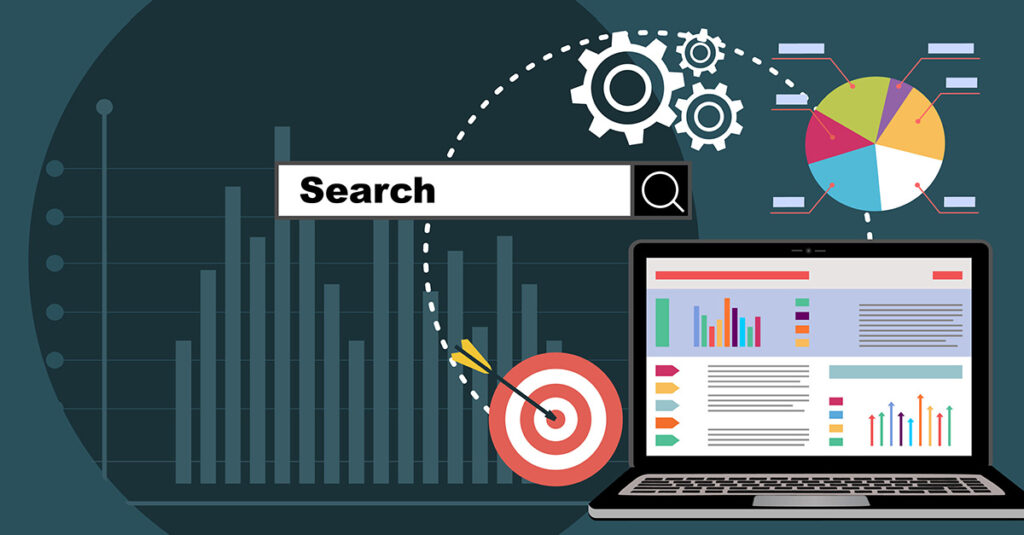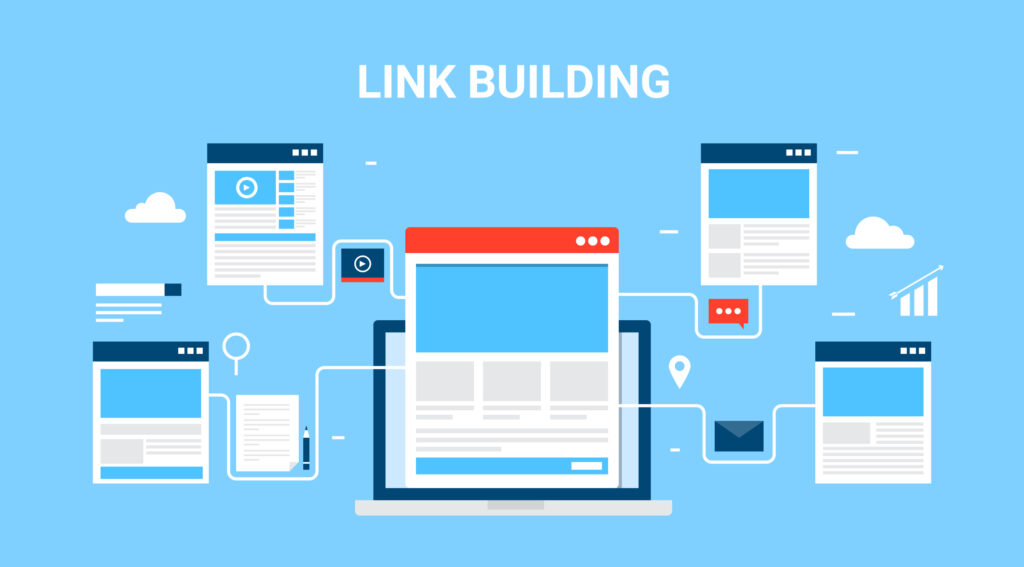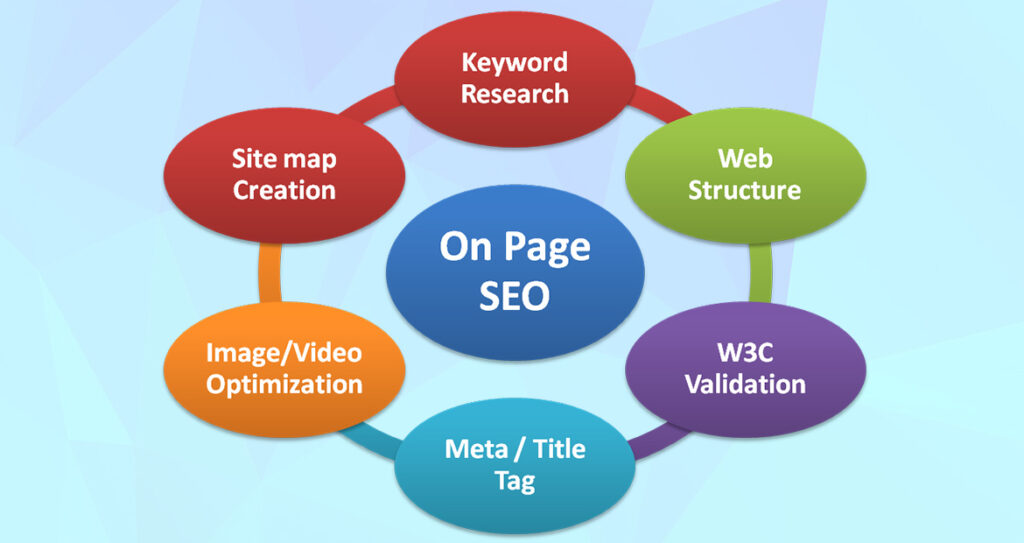A Guide To Better Understand The SEO
Search engine optimization is the practice of optimizing a website for a search engine. It helps you to rank on the top in every search engine ranking. Search engine optimization helps to fetch greater number of visitors but also helps makes your website user friendly.
SEO is a practice through which we can make the search engine understand in a language it is familiar with or we can say a practice to talk to the search engine. In order to gather huge amount of traffic to our website it is necessary to optimize its content, keywords and pictures to make it visible on the search engine.
It is a simple process the relevancy of information that we are delivering to our website is directly proportional to the amount of traffic generated on website. Search engine have their own calculations to rank a website.

Improving your search engine ranking needs continuous efforts to be made on your website to get the expert results. An SEO expert is the person who can build a better plan for you to improve your ranking. An SEO service provider is a person who knows well what the search engine wants us to do in order to rank up. Using right keywords and managing the keyword density can be very helpful. SEO is a technique of optimizing the website content to improve its ranking on the search engines like Google, Yahoo, Bing.
There are certain sets of algorithms involved in this to get it in a right way. Google has certain rules and regulations or simple mathematics also which it uses to give ranking to websites which appears when someone searches related to that thing. SEO service company can increase the visibility of your websites.
A good SEO practice ensures:
Upliftment in Rankings – The website will be in the top ranks and hence fetches greater traffic.
Increase in Page Rank – Page rank ranges in between 1 to 10 and shows the relatability of each page to the google analytics. It is the system invented by Larry Page and Sergey Brin (Google founders) and in order to increase the accuracy of the google search so that the most relatable result is delivered to the viewer. Page rank is not only the factor there are other 250 factors for the google ranking.
More Exposure – Higher rankings ensures greater exposure because when a website ranks in the top positions: it gets more links, more visits and more social media mentions. It’s like an ongoing sequence of events where one thing leads to another and then to another and so on.
There are two types of SEO techniques
• OFF-Page SEO
• ON-page SEO
Off-Page SEO
Refers to the manoeuvre taken on other websites to increase the ranking. Optimizing for off-site ranking factors involves changes in improving search engine and user thinking about a site’s popularity, relevance, trustworthiness, and authority. This is attained by other reputable places on the Internet (pages, sites, people, etc.) linking to or promoting your website, and effectively “vouching” for the quality of your content. OFF-Page SEO involves practices like:

Link building: It is the key factor of OFF-Page SEO. Search engines makes the use backlinks as markers of the linked-to content’s quality. If you make a site with many backlinks there are higher chances of it rising better than one with fewer backlinks.
Social Media Marketing: Dropping the link of your website on social media makes the greater accountability and hence ranks better.
Social Bookmarking: It is a practice of storing, organizing managing and bookmark management of web-pages.
Link building is further differentiated
Link related Off-site SEO
• Natural links
• Manual build links
• Self-created links
Non-Link related Off-site SEO
• Guest blogging
• Linked and unlinked brand mentions
• Influencer marketing
ON-Page SEO
It is the practice of optimizing elements on a website. This is done in order to rank higher and get more relevant topic. The main points of ON-Page SEO are:

• Title tag: it is the tag in HTML that specifies the title of a webpage.
• Meta description: It is the description that describes your website on a webpage.
• URL length: the length of the uniform remote locator. It should not be more than 2083 character.
• Keyword density: It is the maximum number of keywords that can be used and should be between 8 to 10 percent.
• Multimedia: providing multimedia like images and videos that make it more grasping
• Content: content is not the king it’s the kingdom so writing quality content is so important.
• Image and alt tags: it is the alternative text provided below the image.
• Outbound links: the links provided on other websites or web-pages to reach back to own website.
• Internal links: these are the links provided within the website to reach a webpage.
• Site speed: the speed in which the web pages are downloaded and displayed.
• Page load time: the time taken for the processing of a page to open is the page load time.

